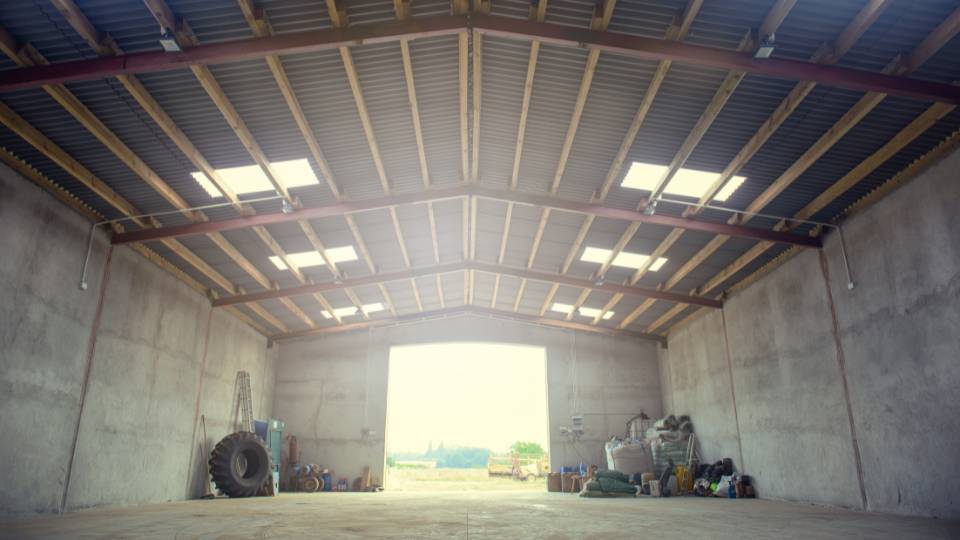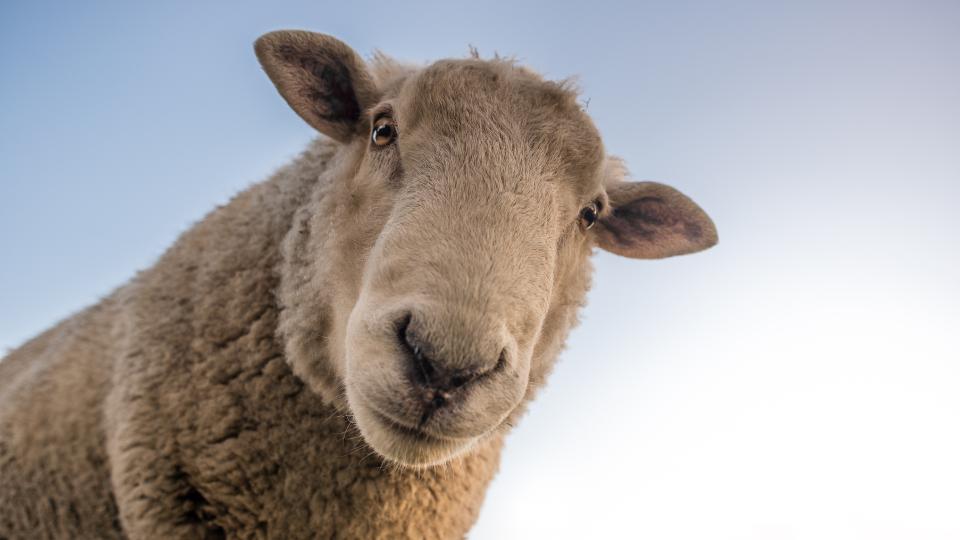
Can brewery waste be beneficial for animals like pigs and goats?
As the UK embraces sustainability, one intriguing practice is feeding brewery waste to livestock.
This practice, beneficial for both farmers and breweries, turns by-products of beer production into valuable animal feed.
But is it truly good for animals like pigs and goats?
Let’s explore the benefits, nutritional value, and safety aspects of using brewery waste in animal diets.
Table of Contents
- What is Brewery Waste?
- Benefits for Using Brewery Waste for Livestock
- Considerations and Safety
- Interesting Facts and Statistics about Brewery Waste
- Conclusion

What is Brewery Waste?
Brewery waste, particularly spent grains, is the primary by-product of the beer brewing process.
These grains, mostly barley, are left over after the extraction of wort, which is fermented to produce beer.
Rich in protein, fibre, and other nutrients, spent grains have long been considered a viable feed option for livestock.

Benefits for Using Brewery Waste for Livestock
There are lots of benefits to using brewery waste for livestock animals like pigs and goats.
1. Nutritional Value of Brewery Waste
Spent grains are highly nutritious.
They contain about 25-30% protein, which is essential for growth and development in animals.
The fibre content aids in digestion, making it a healthy feed supplement.
2. Brewery Waste is Cost-Effective
For farmers, brewery waste is an affordable feed option.
Breweries often provide this by-product at a low cost or even for free, helping to reduce overall feed expenses.
3. Environmental Sustainability
Utilising brewery waste helps reduce food waste, aligning with the UK’s sustainability goals.
It diverts waste from landfills and turns it into a useful resource, contributing to a circular economy.

Considerations and Safety
While brewery waste is beneficial, there are important considerations to ensure it is safe and effective:
1. Storage and Handling
Spent grains can spoil quickly if not stored properly.
Farmers need to ensure that the grains are kept in a cool, dry place to prevent mould growth, which can be harmful to animals.
2. Balanced Diet
Brewery waste should not constitute the entire diet of pigs or goats.
It is important to provide a balanced diet that meets all nutritional needs, including vitamins and minerals that spent grains may lack.
3. Gradual Introduction
Introducing brewery waste into an animal’s diet should be done gradually.
Abrupt changes can disrupt digestion and lead to health issues.
Monitoring the animals’ health and adjusting the feed accordingly is crucial.

Interesting Facts and Statistics about Brewery Waste
- Nutrient Composition:
Spent grains have a high protein content (up to 30%) and are rich in fibre, making them excellent for ruminants like goats.
- Sustainability Impact:
The UK produces millions of tonnes of brewery waste annually.
Properly utilising this by-product can significantly reduce agricultural waste.
- Economic Benefit:
Using spent grains can save farmers up to 20% on feed costs, a significant saving given the high cost of traditional animal feed.

Conclusion
By incorporating brewery waste into livestock feed, the UK can make strides in both sustainability and economic efficiency.
With proper management, this practice can be a win-win for farmers and the environment alike.
Want more ideas on how to use your brewery waste? Check out our blog!







